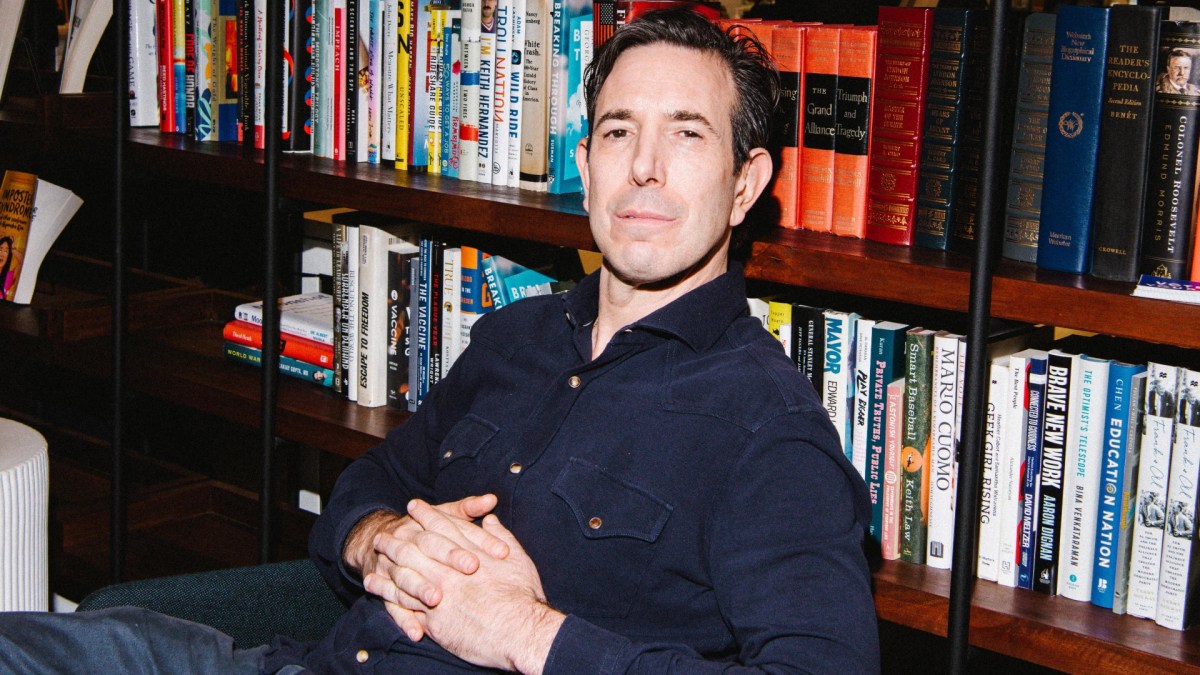Bradley Tusk Reveals How ‘Equity-for-Services’ Outperforms Traditional VC Earnings
In a recent episode of Equity on TechCrunch, Bradley Tusk, co-founder and managing partner of Tusk Venture Partners, declared that traditional venture capital (VC) as we know it is effectively over. This statement comes as no surprise given the tumultuous landscape of the VC industry over the past few years.
The State of Venture Capital
According to Tusk, the VC sector has faced significant challenges, particularly due to:
- Rising interest rates
- Declining startup valuations from their peak in 2021
- Stalled Initial Public Offerings (IPOs) and Mergers & Acquisitions (M&A)
Tusk expressed skepticism about the future of VC funding, stating, “Maybe there’s some VC that I’ve never heard of that’s awash with liquidity the last couple of years, but we haven’t returned $1 in capital to our LPs in four years.” This highlights the ongoing struggles faced by investors in the current economic climate.
The Impact of Political Uncertainty
Many investors had high hopes that deregulation and pro-business tax reforms under former President Donald Trump would revitalize the VC landscape. However, the unpredictable nature of his administration, characterized by:
- Record-breaking executive orders
- Tariff-induced trade wars
- Dismantling of federal agencies
has dampened these expectations. Tusk noted, “I just don’t know many serious economists that think a trade war is a good idea for anyone’s economy.”
Shifting Towards an Equity-for-Services Model
In light of these challenges, Tusk has opted to move away from the traditional VC model and will not be raising a fourth fund. Instead, he is embracing an equity-for-services model. This innovative approach allows Tusk to accept equity stakes in exchange for assisting startups with:
- Regulatory navigation
- Legislative communications
- Government procurement processes
Tusk’s journey into equity-for-services dates back to 2010, when he launched his political consulting firm, Tusk Strategies. At that time, a small transportation technology company named Uber sought his expertise but lacked the funds to pay him. They offered equity instead, a decision that shaped Tusk’s career path as he helped legalize ride-sharing across the U.S.
Expertise in Regulatory Frameworks
Tusk’s ability to create regulatory frameworks for disruptive technologies has been pivotal in aiding startups, preventing them from being sidelined by political hurdles. His extensive experience includes serving as:
- Campaign manager for Michael Bloomberg’s 2009 mayoral race
- Deputy governor of Illinois
Despite the traditional VC work involving tasks like fundraising, compliance, and portfolio management, Tusk found these responsibilities distracting from the work he is passionate about.
Financial Benefits of the New Model
In his transition to the equity-for-services model, Tusk discovered a more lucrative path. “I actually made more money when I was in equity-for-services,” he explained. “Even though there’s less leverage than there is on a venture check, you keep 100% of the proceeds.” In contrast, traditional venture capital requires returning capital to investors and managing fees, which often results in lower returns.
Tusk Venture Partners will continue to support its existing portfolio companies until the fund’s life cycle concludes in 2031. For more insights on the evolving landscape of venture capital, visit TechCrunch or explore our Venture Capital Updates page.







